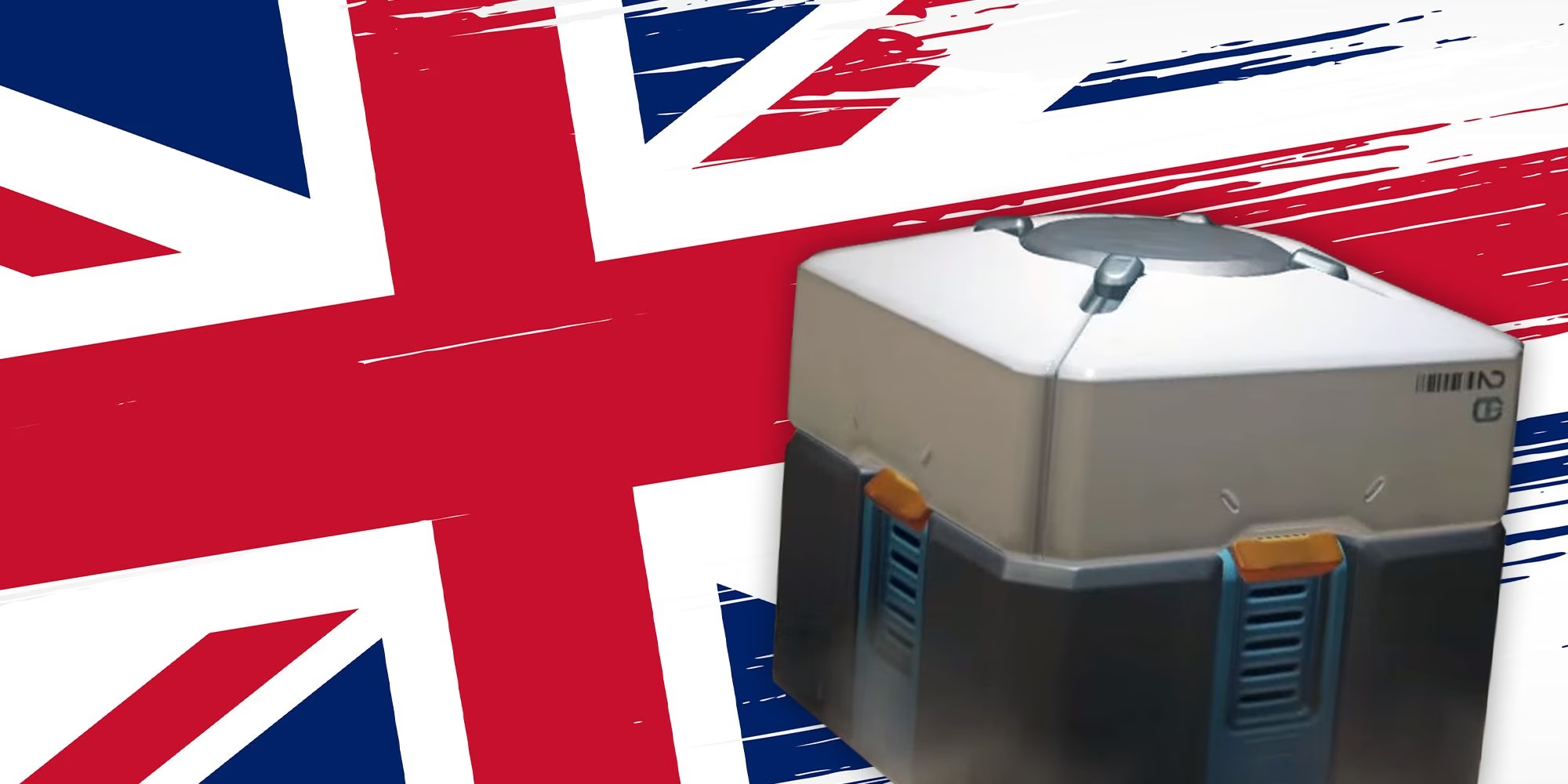UK Gaming's Loot Box Revolution: My Inside Look at UKIE's 2025 Guidelines
UKIE's 2025 loot box guidelines revolutionize gaming with enhanced transparency, under-18 protections, and fair refund policies, transforming industry standards.
I've been watching the gaming landscape evolve dramatically since UKIE (Association for UK Interactive Entertainment) published their groundbreaking loot box guidelines on the UK government website. Now in 2025, these once-optional guidelines have transformed how developers approach microtransactions across the board. As a long-time gamer who's witnessed countless controversies around these digital grab bags, I can tell you the gaming ecosystem feels markedly different these days.

The impact has been nothing short of revolutionary. When the guidelines first dropped, they weren't legally binding, but the threat of government intervention has proven to be quite the motivator. Game publishers didn't want to rock the boat, and honestly, who could blame them? It was a classic case of 'shape up or ship out' for the industry. The writing was on the wall, and developers knew they needed to get their act together.
The Under-18 Protection Revolution
The most significant shift I've observed is how games now restrict loot box purchases for minors. Gone are the days when kids could easily drop hundreds on virtual items without parental knowledge. As someone who's seen friends struggle with their children making unauthorized purchases, this change feels long overdue.
UKIE's research showing correlations between loot box spending and problem gambling was the wake-up call the industry needed. Fifteen studies can't be wrong, and four specifically sampling young people aged 12-24 made it impossible to ignore the potential harm. It's been a real 'come to Jesus' moment for developers who previously turned a blind eye to these issues.
Refund Policies That Actually Make Sense
The refund situation has improved dramatically. Remember those horror stories about kids spending thousands on their parents' credit cards? Those incidents seem to be on the decline. Two years ago, before these guidelines took effect, we'd regularly hear about children buying ridiculous amounts of in-game currency – like that infamous case of a kid purchasing 50,000 V-Bucks with their mom's credit card!

The new refund policies are much more forgiving, and customer service contact information is prominently displayed in games. I recently had to help my nephew get a refund for an accidental purchase, and I was pleasantly surprised by how painless the process was. It's a far cry from the 'tough luck' responses that used to be the norm. The industry has finally realized that keeping parents happy is good for business – it's not rocket science, folks!
Transparency: No More Shots in the Dark
Perhaps the most refreshing change has been the transparency around drop rates. Remember when opening a CS:GO case was like playing the lottery without knowing the odds? Those days are history. Now, games clearly display the probability of getting each item tier before you make a purchase.
I'll be honest – seeing those actual percentages was a real eye-opener for me. When you realize that knife skin you're chasing has a 0.25% drop rate, it really makes you think twice about dropping another $2.50 on a case. It's like they say, 'knowledge is power,' and in this case, it's the power to make informed decisions with your hard-earned cash.
Cracking Down on Third-Party Markets
The guidelines also pushed developers to tackle unauthorized external sales of loot box items. This was always the Wild West of gaming economies – those third-party sites where rare CS:GO knives would sell for hundreds or even thousands of real dollars.
Since the implementation of these guidelines, I've noticed major publishers taking much more aggressive stances against these unauthorized marketplaces. Some have even created official, regulated marketplaces where items can be traded or sold within strict parameters. It's not perfect, but it's a step in the right direction to curb the more predatory aspects of virtual item trading.
The Impact in 2025
As we navigate through 2025, the gaming landscape looks substantially different. Major publishers have redesigned their monetization strategies, and some have abandoned loot boxes altogether in favor of more transparent systems like battle passes or direct purchases.
The guidelines have had a ripple effect beyond the UK, too. Other countries have implemented similar or even stricter regulations, creating a more unified global standard. It's been a classic example of 'monkey see, monkey do' as regulatory bodies worldwide have followed UKIE's lead.
For me personally, gaming feels less predatory now. I can enjoy my favorite titles without constantly being bombarded with gambling-adjacent mechanics. It's a breath of fresh air, and my wallet certainly appreciates it!
Frequently Asked Questions
Are loot boxes completely banned in the UK now?
No, loot boxes aren't banned outright. However, they're now heavily regulated, especially for players under 18, who need parental consent to purchase them. The focus has been on transparency and protection rather than prohibition.
Has the gaming industry suffered financially from these changes?
Surprisingly, not really. While some companies initially reported revenue dips, most have adapted with alternative monetization strategies that players seem to prefer. The doom and gloom predictions about the industry's collapse were greatly exaggerated – it was all much ado about nothing.
What happens if a game doesn't follow these guidelines?
While the guidelines weren't legally binding when first introduced, by 2025, many have been incorporated into consumer protection laws. Companies that ignore them now face potential fines and regulatory action. It's no longer just a slap on the wrist situation.
Have loot boxes been replaced with something else?
Yes, many games have pivoted to more transparent systems like battle passes, direct purchases, or cosmetic-only marketplaces. The 'surprise mechanics' (as EA infamously called them) have largely fallen out of favor with both players and developers.
Has problem gambling among young gamers decreased?
Early research suggests yes. Studies conducted since the implementation of these guidelines show a decline in problematic spending behaviors among younger players. It's not a silver bullet, but it's definitely a step in the right direction.
In conclusion, UKIE's guidelines have transformed from optional suggestions to industry standards in just a few years. As a gamer who's lived through this transition, I can tell you it's been a positive change for the community. The days of predatory loot box practices seem to be behind us, and that's something worth celebrating. After all, games should be about fun and skill, not about who can empty their wallet the fastest!